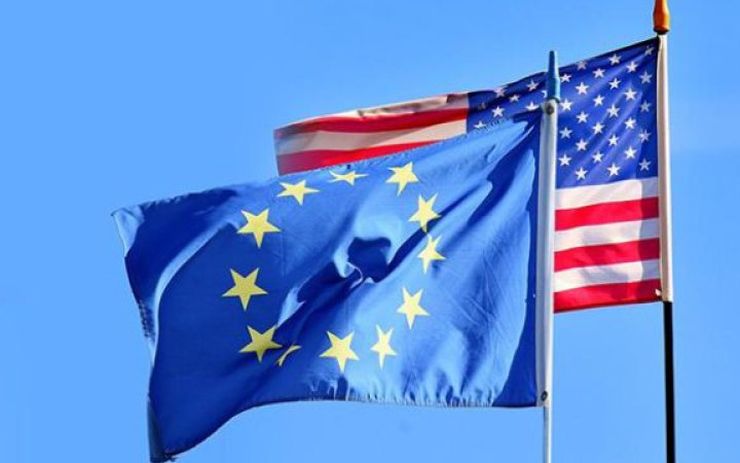US and EU finalize trade agreemen

On August 21, 2025, the United States and the European Union officially finalized a trade agreement that establishes new tariffs and opens prospects for cooperation in key sectors, including agriculture, energy, and the automotive industry. The agreement, reached after extensive negotiations, introduces a 15% U.S. tariff on most European goods, such as automobiles, pharmaceuticals, semiconductors, and lumber, while the EU will eliminate tariffs on American industrial goods and grant preferential market access for U.S. agricultural products and seafood. According to U.S. President Donald Trump and European Commission President Ursula von der Leyen, this deal marks a historic step toward strengthening economic ties.
In the agricultural sector, the agreement holds particular significance. The EU has committed to providing preferential market access for American agricultural products, including grains, meat, dairy, and seafood. This creates new opportunities for American farmers to expand exports to Europe. However, European agricultural producers may face challenges due to new tariff restrictions in the U.S. market, potentially affecting their competitiveness. Analysts note that these changes will encourage the modernization of the European agricultural sector to adapt to the new conditions.
The energy sector is also a key component of the agreement. The EU plans to purchase $750 billion worth of American liquefied natural gas (LNG), oil, and nuclear products, while also investing $600 billion in strategic U.S. industries by 2028. Additionally, the deal includes cooperation in digital trade and measures to protect steel and aluminum markets from overproduction. Starting September 1, the U.S. will apply most-favored-nation status to European aircraft, aircraft parts, generic pharmaceuticals, and certain natural resources, which will help reduce costs for European companies.
The automotive industry stands to benefit significantly from the agreement. The U.S. has agreed to reduce tariffs on European cars and auto parts from 27.5% to 15% once the EU introduces legislation to lower duties on American industrial goods. This opens opportunities for European automakers, such as German companies, which, according to the German Association of the Automotive Industry (VDA), could avoid billions in losses. Mutual recognition of standards between the U.S. and EU will also facilitate trade in this sector.
The agreement not only lays the foundation for economic growth but also has the potential for expansion. According to EU Trade Commissioner Maroš Šefčovič, this is just the first step, with the possibility of covering additional sectors, such as digital trade and winemaking, though negotiations on the latter are ongoing. The deal is expected to foster resilient supply chains and enhance economic security for both parties, although European companies continue to express concerns about potential trade imbalances.
Read also
Black Sea Export Strategies Within the Pressure of the Global Food Market
Vegetable Oil Demand Is Reshaping Global Oilseed Market Dynamics
Sunflower cultivation gaining popularity among farmers in Nepal
Egypt’s wheat reserves sufficient to cover four months of domestic demand
Livestock growth in Turkey in 2025
Write to us
Our manager will contact you soon



